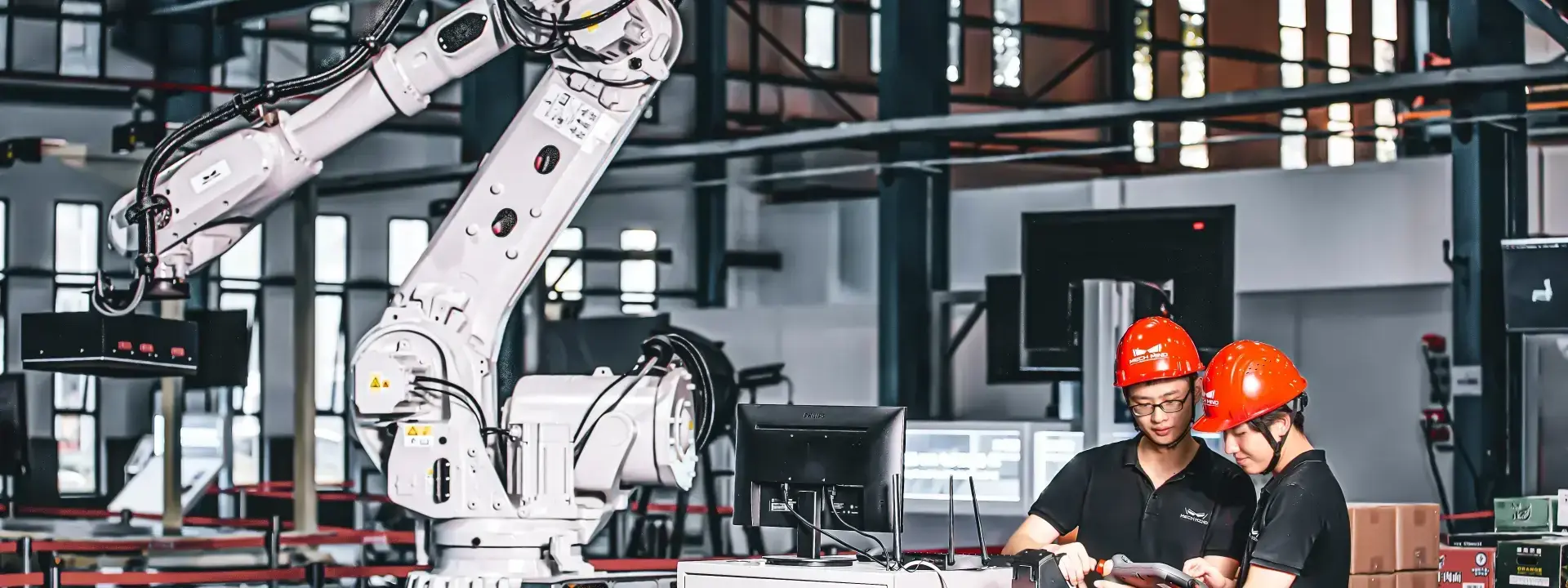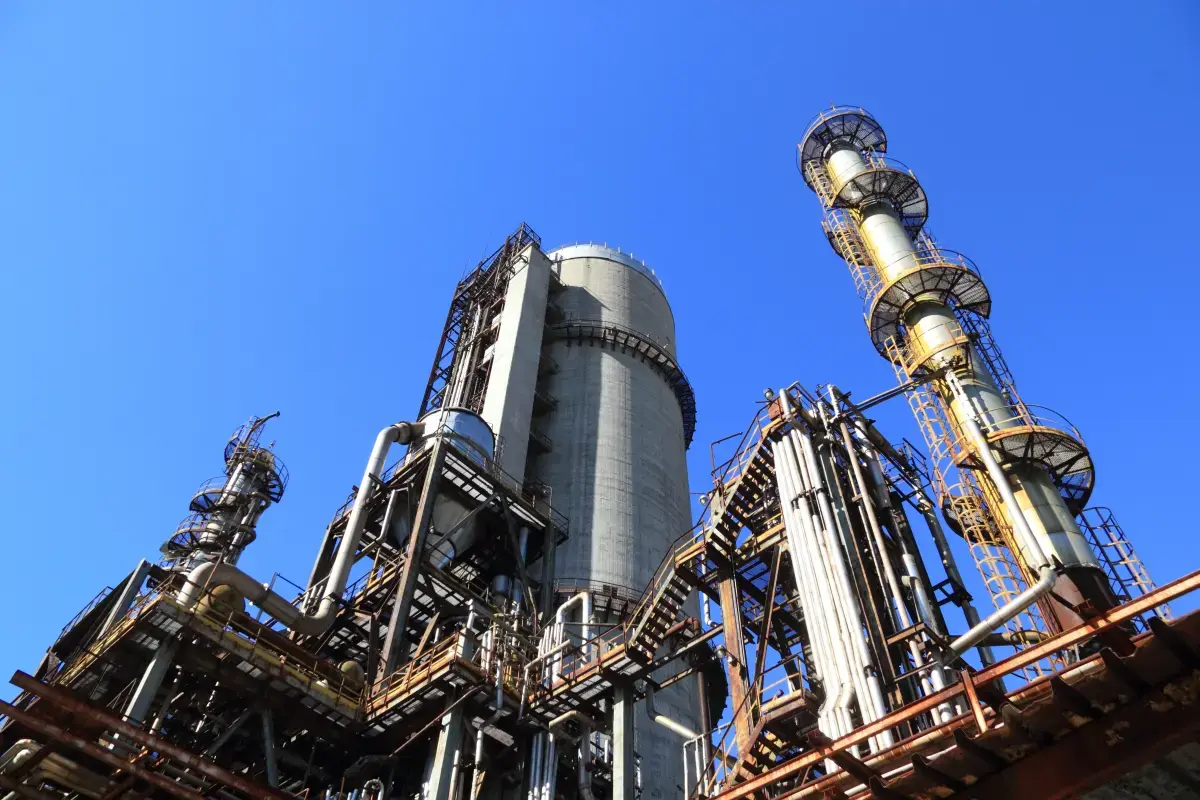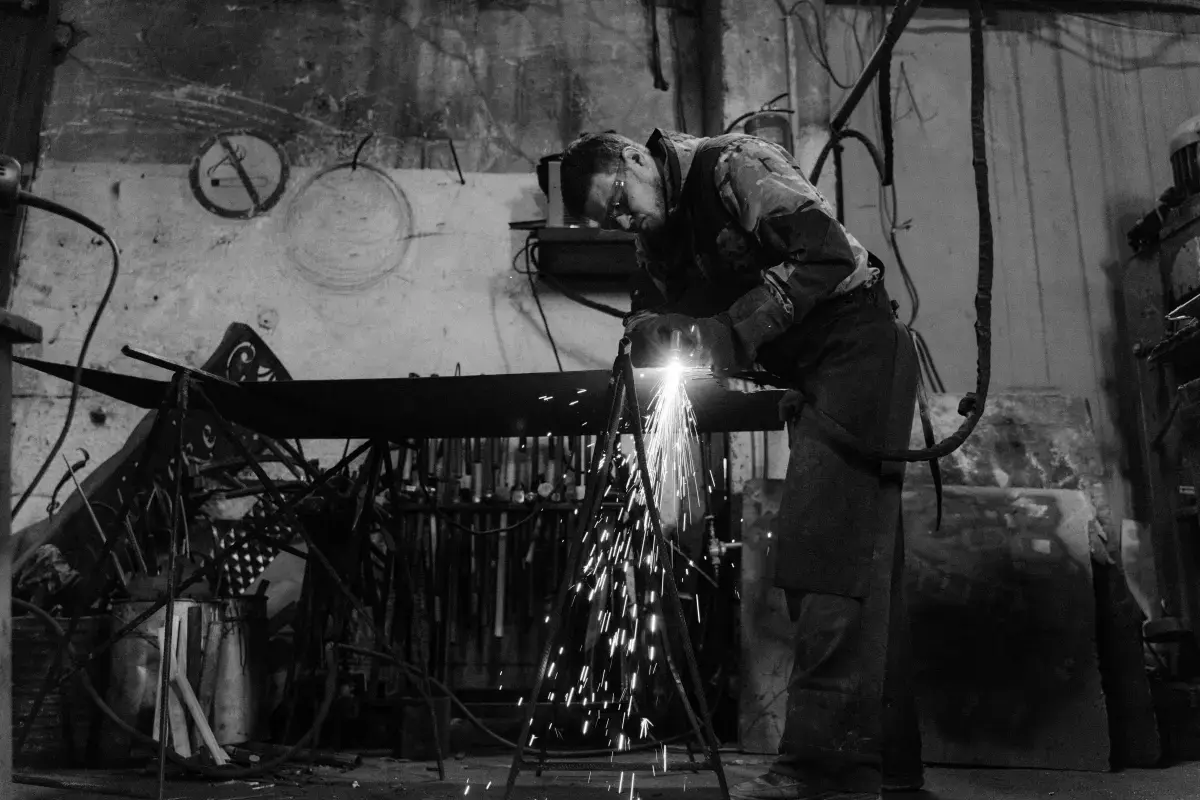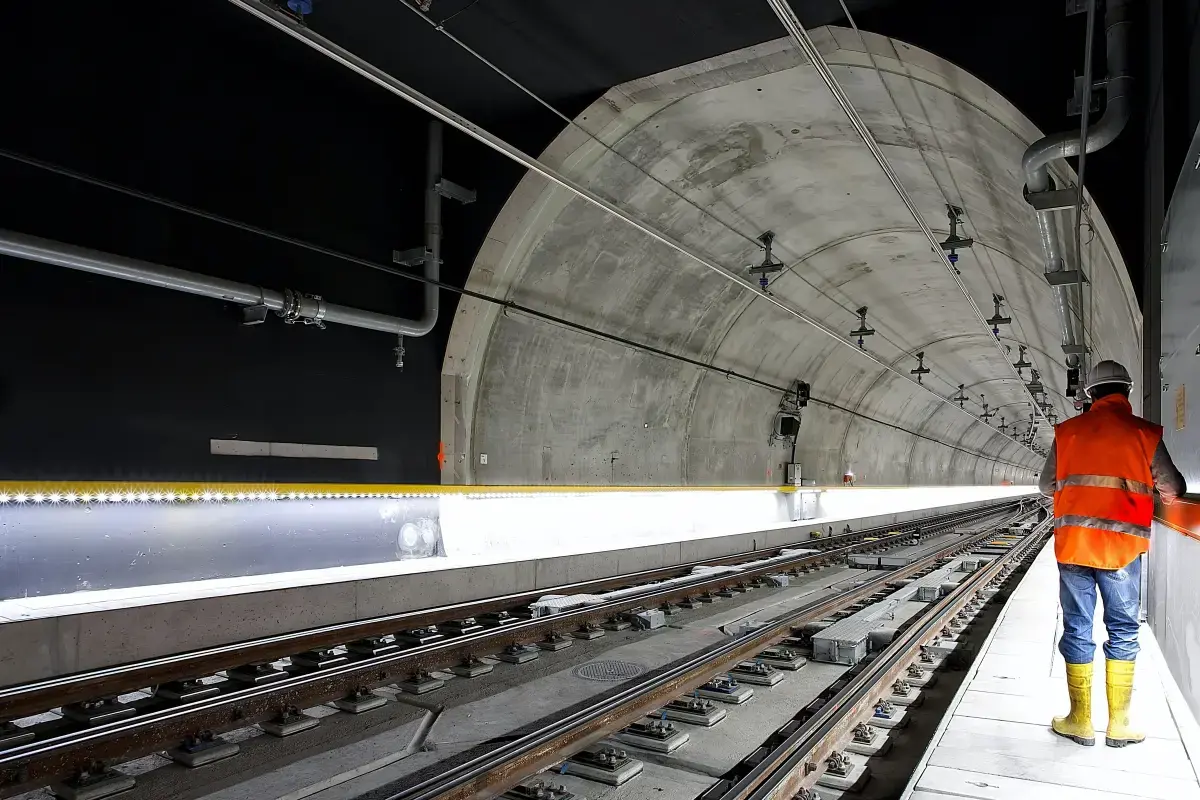
Project Engineer Job Description
What is a Project Engineer Professional?
A project engineer is a professional who is responsible for planning, directing, and coordinating the engineering aspects of a construction or other large-scale project. A project engineers duties may include managing personnel, equipment, and resources; overseeing quality control; and ensuring that the project stays on schedule and within budget. As with all engineering positions, a project engineer must have excellent problem-solving skills and be able to think critically about potential solutions. They must also be able to effectively communicate with other members of the engineering team, as well as with non-technical personnel such as managers, architects, and clients. While some project engineers may specialize in a particular type of engineering (e.g., civil, mechanical, electrical), others may have more general experience in multiple disciplines. In either case, it is important for a project engineer to have a strong understanding of the principles of physics and mathematics as they relate to their field.

What does a Project Engineer Expert do?
The specific duties of a project engineer will vary depending on the nature of the project they are working on. For example, on a large building construction site, the project engineer might be responsible for managing the installation of plumbing and electrical systems; whereas on a smaller renovation job, they might focus primarily on ensuring that materials are delivered on time and that work progress meets schedule milestones. No matter what the scope of their responsibility might be though, allproject engineers need to possess strong organizational skills in order to keep track of all the different moving parts within their projects.

What are the Skills of a Project Engineer?
A project engineer is responsible for planning, coordinating, and overseeing a wide range of activities related to the construction or repair of structures. They may be involved in everything from feasibility studies and site selection to budgeting, scheduling, and quality control. In order to be successful in this role, a project engineer must possess strong problem-solving skills, as well as excellent communication and interpersonal abilities. In terms of specific skills, a project engineer should have a strong understanding of engineering principles and practices. They should also be proficient in computer-aided design (CAD) software and other tools used for planning and managing construction projects. Additionally, experience with Construction Management software can be helpful. As far as educational requirements go, most project engineers have at least a bachelors degree in civil engineering or a related field.

What makes an Expert Project Engineer?
When it comes to actually managing a construction project, there are many different facets that a project engineer needs to keep track of. For example, they will need to develop plans and specifications based on the clients needs and desires. They will also often times be responsible for handling the bidding process and selecting contractors. Once construction begins, the project engineer will need to monitor progress closely to ensure that all deadlines are met and that quality standards are being met or exceeded. Finally, once the project is completed, the project engineer will provide a post-construction analysis report detailing any lessons learned during the course of the work. As previously mentioned, excellent communication skills are critical for success as a project engineer. This is because they need to coordinate their efforts with those of other professionals on the construction team such as architects, planners

What level of Experience & Qualifications are required to be a Project Engineer?
Industry Experience: 1. Minimum of two years experience in project engineering or a related field is typically required 2. Extensive knowledge and understanding of applicable industry standards, codes, regulations, and procedures 3. Demonstrated ability to effectively manage multiple projects simultaneously while meeting tight deadlines Training: 1. Safety training such as OSHA 10/30 certification (or equivalent) may be required depending on the organization’s safety policies and practices Qualifications: 1. Strong analytical skills with an aptitude for problem-solving 2. Excellent communication skills both written and verbal along with excellent interpersonal relationship building abilities 3. High level of accuracy when working under pressure 4 .Ability to work independently as well as collaboratively within teams 5 .Proficient computer user; must have advanced proficiency in Microsoft Office Suite applications including Word, Excel, Outlook etc., Project Management software like Primavera P6 Professional & Oracle Cloud ERP Solutions 6 Ability to read blueprints & schematics 7 Proficiency at creating technical reports using data analytics tools 8 Knowledgeable about Quality Control processes 9 Skilled at budgeting resources efficiently across multiple tasks 10 Understanding of Industry Standards pertaining to production operations 11 Familiarity with Lean Manufacturing Principles 12 Aptitude towards innovative problem solving techniques 13 Electrical Engineering background desirable but not mandatory 14 Mechanical Engineering background desirable but not mandatory 15 Civil Engineering degree preferred if working on infrastructure builds 16 Chemical Engineer degree preferred if managing hazardous materials management projects 17 Computer Science Degree desired if dealing heavily with IT systems integration 18 Industrial Design Background beneficial in product design based projects 19 Construction Manager Certification helpful especially when dealing primarily with construction management type roles 20 Six Sigma Black Belt Certification useful for process improvement initiatives operational cost savings opportunities 21 Risk Management Certifications advantageous during risk assessment phases 22 PMI – Certified Associate In Project Management useful throughout all stages from planning through completion 23 Business Administration Degree or MBA highly recommended given its focus on business principles which are essential for successful project execution 24 Bachelors Degreein a relevant field such as civil engineering , mechanicalengineering , electrical engineering or industrial technology will oftenbe necessary before advancing into positions involving complexproject responsibilities 25 Masters Degreesare becoming increasingly common among more experiencedProject Engineers due to their needfor specialized expertiseand leadership potential that these degrees provide

What is the Salary of a Project Engineer?
A junior project engineer typically earns between $50,000 and $60,000 per year. At this level, the engineer is responsible for completing basic tasks and providing technical support to other members of the engineering team. As they gain experience in their position, they can expect a salary increase up to around $70,000 per year. At a mid-level role as a senior project engineer (or higher), salaries range from approximately $85,000 -$105,00 annually depending on location and industry sector. Senior Engineers are expected to provide leadership within the engineering team by taking responsibility for projects from start to finish while managing multiple stakeholders along the way. They may also be involved in developing new products or services that require more complex problem solving skills than those of entry-level engineers. Finally at an executive level such as Chief Project Engineer or Director of Engineering & Projects ,salaries could exceed six figures with some top earners making upwards of $150K plus incentives/bonuses based on performance metrics . These executives usually have extensive experience working across different sectors where their knowledge base encompasses various areas including construction management; cost estimation; risk analysis; budgeting & scheduling ; procurement etc .They are relied upon by organisations to lead large scale initiatives with significant financial implications which requires strategic thinking alongside tactical executionx

What are the Working Conditions for a Project Engineer?
Project engineers typically work in an office environment, but may also spend time on construction sites. They usually have a variety of tasks and responsibilities to complete each day that include overseeing the management of projects from start to finish; this could range from planning stages through installation and final commissioning. In order to successfully manage these projects, project engineers must possess strong analytical skills which allow them to identify potential problems before they arise. In addition, they should be able to effectively communicate with other professionals such as architects or contractors who are involved in the same project so that everyone is working towards one goal for its successful completion. Project engineers will also often be responsible for ensuring safety regulations are followed throughout all phases of development or renovation activities at their assigned site(s). Finally, depending upon the company’s needs and requirements, project engineers may find themselves participating in meetings with clients or stakeholders regarding progress updates as well as changes made along the way due unforeseen circumstances—all while staying within budget constraints set by upper-level executives.

What are the roles and responsibilities of a Project Engineer?
Overseeing the design and construction of structural and civil engineering projects
Liaising with clients, contractors, architects and other professionals to ensure that the project meets their expectations
Coordinating the work of junior engineers, technicians and support staff working on the project
Undertaking feasibility studies for new projects
Analysing data collected during surveys or site investigations to determine the most appropriate solution to a problem
Designing plans and specifications for engineering works such as roads, bridges, tunnels, drainage systems or sewerage plants
Supervising the erection of structures on site or overseeing their construction in a laboratory environment
Planning and managing budgets throughout the lifecycle of a project
Monitoring progress against schedule and milestones set for a project
Identifying potential risks or delays to a project’s completion and developing contingency plans to mitigate them
Writing reports detailing findings from investigations or outlining proposals for new work programmes
Making presentations to clients, industry bodies or others interested in the progress of a project
Inspecting completed works to ensure they comply with safety regulations
Addressing defects identified during inspections
Providing technical advice to colleagues or members of the public
Researching new technologies or methods that could improve the efficiency or effectiveness of future projects ং
Maintaining an up-to-date knowledge of relevant legislation ং
Serving as an expert witness in court cases relating to engineering disputes ং
Keeping abreast of developments in your field through continuing professional development (CPD) activities ং
Publishing papers in academic journals or presenting at conferences

Where can I find Project Engineer jobs?
- Create a profile on gigexchange and promote your Project Engineer skills to advertise you are Open to New Work Opportunities
- Ensure your Resume (or CV), or online work profile is up to date and represents your skills and experience. Ensure your reputation reflects your ability & attitude.
- Apply for Project Engineer Jobs advertised on gigexchange.
- Practise Project Engineer interview techniques to ensure you represent your personality and ability succinctly and confidently.
- Accept the job offer if the salary meets your expectations and the employer mission and purpose reflects your core values.
Jobs
What are the best job boards for Project Technician jobs?

How can I hire Project Engineer staff online for my business?
The best job board for recruiting Project Engineer experts is gigexchange.com. Advertise full-time, part-time or contract jobs to find, hire & recruit trusted, experienced and talented Project Engineer candidates near you.

Are Project Engineer roles in demand in 2026?
Project Engineer experts are still in high demand in 2026. If you are an experienced Project Engineer or looking to train and become one. The job market is looking strong for Project Engineer jobs near me.